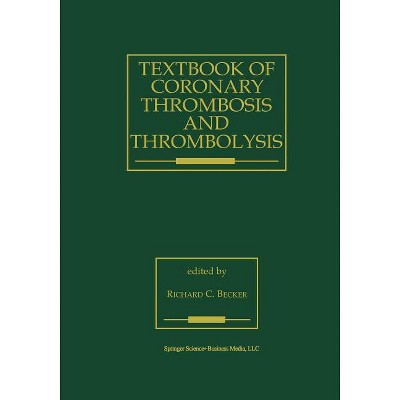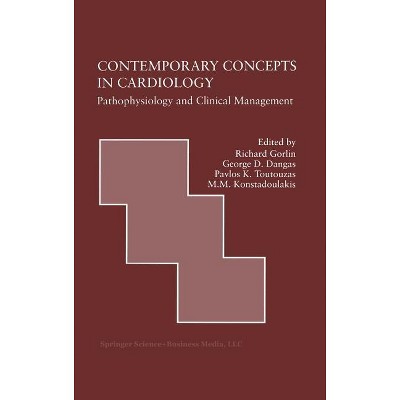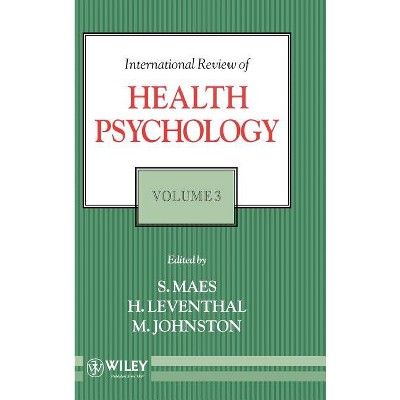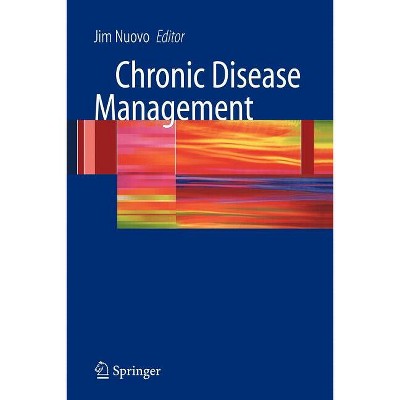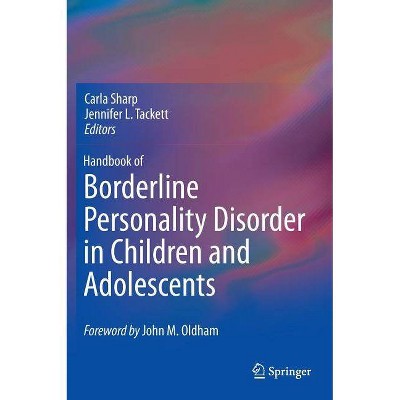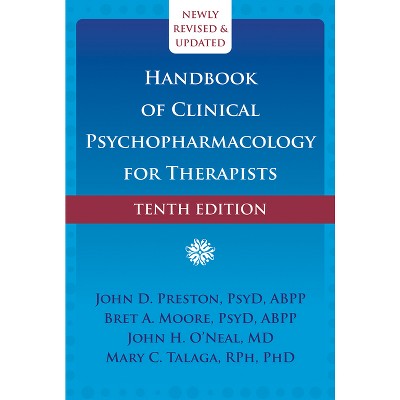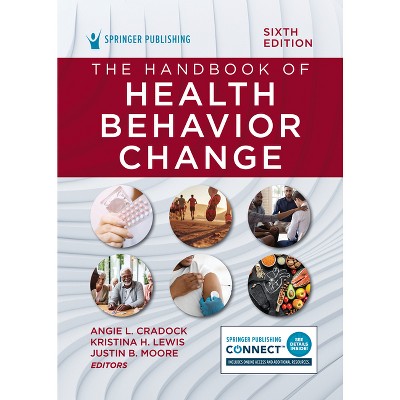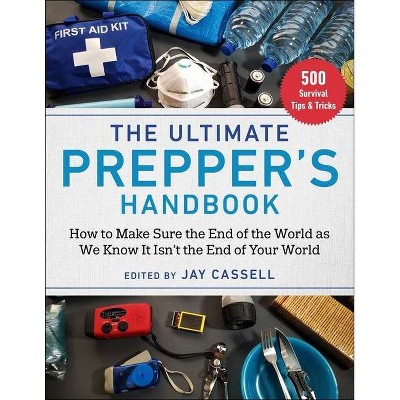Sponsored

Handbook of Pain and Palliative Care - by Rhonda J Moore (Hardcover)
In Stock
Sponsored
About this item
Highlights
- Handbook of Pain and Palliative Care: Biobehavioral Approaches for the Life Course Rhonda J. Moore, editor This book takes both a biobehavioral and a lifespan approach to understanding long-term and chronic pain, and intervening to optimize patients' functioning.
- About the Author: Rhonda Moore, PhD received her doctoral degree in cultural and medical anthropology from Stanford University and completed her post-doctoral fellowships in behavioral science from Stanford Medical School and in epidemiology at the University of Texas M.D. Anderson Cancer Center.
- 865 Pages
- Psychology, Mental Health
Description
About the Book
While chronic pain sends millions to the doctor every year, their treatment remains less than adequate. This book adopts 'biobehavioral' and 'lifespan' approaches on the issue, exploring chronic pain and the interventions that physicians can use to relieve it.
Book Synopsis
Handbook of Pain and Palliative Care: Biobehavioral Approaches for the Life Course Rhonda J. Moore, editor
This book takes both a biobehavioral and a lifespan approach to understanding long-term and chronic pain, and intervening to optimize patients' functioning. Rich in clinical diversity, chapters explore emerging areas of interest (computer-based interventions, fibromyalgia, stress), ongoing concerns (cancer pain, low back pain), and special populations (pediatric, elderly, military). This coverage provides readers with a knowledge base in assessment, treatment, and management that is up to date, practice strengthening, and forward looking. Subject areas featured in the Handbook include:
▪ Patient-practitioner communication
▪ Assessment tools and strategies
▪ Common pain conditions across the lifespan
▪ Biobehavioral mechanisms of chronic pain
▪ Pharmaceutical, neurological, and rehabilitative interventions
▪ Psychosocial, complementary/alternative, narrative, and spiritual approaches
▪ Ethical issue and future directions
With the rise of integrative perspective and the emphasis on overall quality of life rather than discrete symptoms, pain management is gaining importance across medical disciplines. Handbook of Pain and Palliative Care stands out as a one-stop reference for a range of professionals, including health practitioners specializing in pain management or palliative care, clinical and health psychologists, public health professionals, and clinicians and administrators in long-term care and hospice.
From the Back Cover
This book takes both a biobehavioral and a lifespan approach to understanding long-term and chronic pain, and intervening to optimize patients' functioning. Rich in clinical diversity, chapters explore emerging areas of interest (computer-based interventions, fibromyalgia, stress), ongoing concerns (cancer pain, low back pain), and special populations (pediatric, elderly, military). This coverage provides readers with a knowledge base in assessment, treatment, and management that is up to date, practice strengthening, and forward looking. Subject areas featured in the Handbook include:
▪ Patient-practitioner communication
▪ Assessment tools and strategies
▪ Common pain conditions across the lifespan
▪ Biobehavioral mechanisms of chronic pain
▪ Pharmaceutical, neurological, and rehabilitative interventions
▪ Psychosocial, complementary/alternative, narrative, and spiritual approaches
▪ Ethical issue and future directions
With the rise of integrative perspective and the emphasis on overall quality of life rather than discrete symptoms, pain management is gaining importance across medical disciplines. Handbook of Pain and Palliative Care stands out as a one-stop reference for a range of professionals, including health practitioners specializing in pain management or palliative care, clinical and health psychologists, public health professionals, and clinicians and administrators in long-term care and hospice.
Review Quotes
From the reviews:
Rich in clinical diversity, chapters explore emerging areas of interest (computer-based interventions, fibromyalgia, stress), ongoing concerns (cancer pain, low back pain), and special populations (pediatric, elders, veterans). This coverage provides readers with a knowledge base in assessment, treatment, and management that is up-to-date, practice-strengthening, and forward-looking.
Currents Pain Management News and Research, The e-Newsletter of the American Academy of Pain Medicine
About the Author
Rhonda Moore, PhD received her doctoral degree in cultural and medical anthropology from Stanford University and completed her post-doctoral fellowships in behavioral science from Stanford Medical School and in epidemiology at the University of Texas M.D. Anderson Cancer Center. Dr. Moore has edited two other books for Springer: Cancer, Culture and Communication (2004) with David Spiegel, MD (Stanford School of Medicine) and Biobehavioral Approaches to Pain(2009).